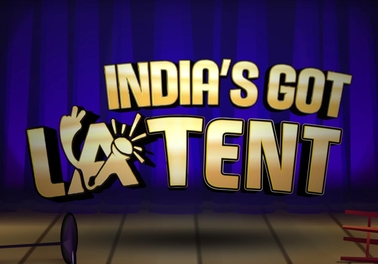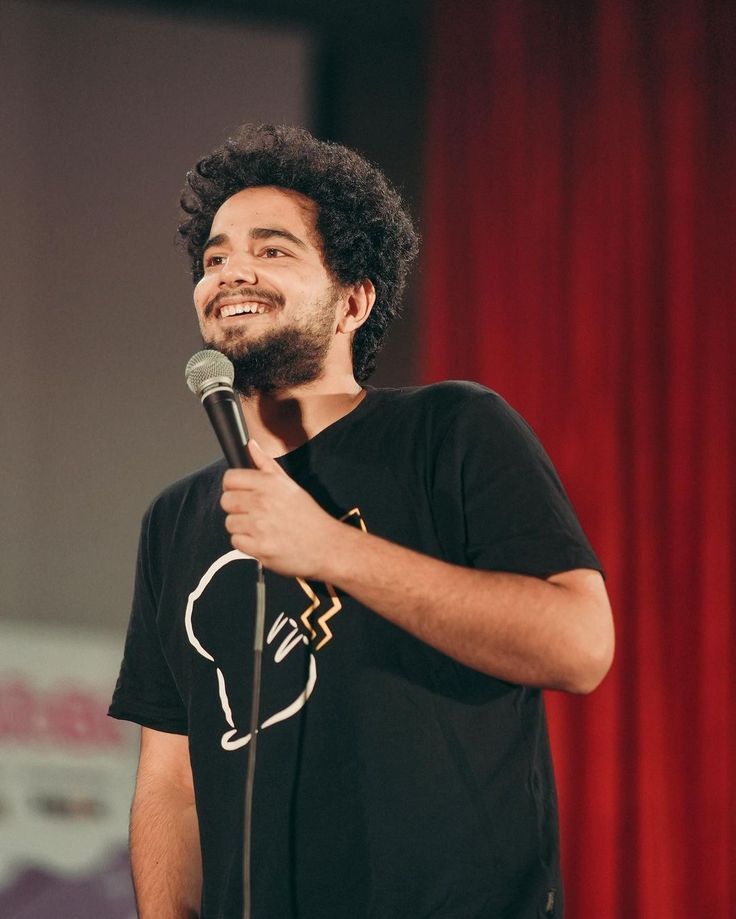Comedy has consistently served for entertainment, social commentary, and, in fact, the tool for change. But 2025 saw the digital space redefine the very lens through which one perceives and delivers humour. From platforms like YouTube and TikTok to Instagram and streaming services, these are now becoming primary sources of the comedic act, thus navigating creating humour and consideration upon altering.

Table of Contents
India’s Got Latent Incident and Its Effect on the World of Digital Comedy
The Role of Social Media in Modern Comedy
Straddling the Line Between Humour and Insult
The Impact of AI on Comedy Content
Monetization and Digital Comedy
The Future of Comedy in a Digitally Sensitive Era
India’s Got Latent Incident and Its Effect on the World of Comedy

In early 2025, a shocking incident from the reality show India’s Got Latent set the country into a frenzy over the thin line that divides a comedian’s art from offensive content. A stand-up comedian was criticized on many grounds by different sections of the audience for his insensitivity towards social issues, and this began as satire. What began as a parody act ended with national agitation with potshots being fired diversifiedly via social media regarding freedom of expression, cancel culture, and the thinness of the line between wit and nasty.
The incident highlighted the plummeting promptness under which comedians are working these days-acquisitions and an unlucky fandom on the part of some, while some offered passionate defenses of the right of the comedian to satellite, following a trail of others that totally condemned it for crossing the ethical lines. Showrunning teams issued statements commenting upon the need for responsibility in comedy, but the incident partially shattered comedy itself in 2025.
The Role of Social Media in Modern Comedy
Within the comedy industry, the way social media provides for distribution has never been more pivotal. On TikTok and Instagram, one can imagine literally reaching millions in a very short span, but with so much exposure comes exposure-related responsibility. Comedians have to be careful of their audience now; jokes that once might have come and gone unnoticed can bring hate back louder than fans cheer in approval.
Cancel culture has become a major force in curating comedy, often naming and shaming jokes considered out of bounds for being nasty. While some argue it creates a strictual framework for creative work, some argue it makes comedians responsible for their art. In 2025, all successful digital comedians will be the ones who maintain an equilibrium: loyal to their comedic perceptions, but careful about social sensitivity.
Straddling the Line Between Humour and Insult

For today’s comedians, the biggest challenge is to know where the line can be drawn. A joke kissing one culture, one community can slap another into rage. Sensitive stories regarding race, gender, politics, and mental health call for an even more dainty handling when it comes to a comedian’s material.
They tackle this challenge in part by gauging the context and the reasoning for telling the joke. Self-deprecating humor, for example, is oftentimes well-taken because it concerns the sufferer, not the others. Observational humor continues to be hugely popular because it enables comedians to discuss situations with which potential audiences can identify without actually targeting anyone specifically.
The Impact of AI on Comedy Content
With the advent of AI-generated content hitting the comedy industry, AI platforms are coming to the rescue of comedians to create their scripts and deepfake comedy sketches for that very reason. Although AI can help improve one’s creativity, concerns may arise with respect to the authenticity and originality.
Many comedians use AI tools to evaluate audience reactions, making predictions about the type of humor most likely to achieve the biggest success. However, AI gives rise to the debate as to whether it can really embody the essence of human humor. Improv and stand-up rely, however, on the timing, impulsiveness, and, more importantly, emotional intelligence-a tough stretch for the AI.
Monetization
Comics indeed make a lot of money when they go digital in their craft. Yet, YouTube ad revenue, brand partnerships, merchandise sales, and Patreon subscriptions might turn their craft into a money-making business. But that usually comes at a cost of limitations.
Most platforms automatically demonetize content judged as inappropriate and spur creators to comply with the advertiser-friendly picture. This indeed, has some comedians opt for other platforms like Substack, providing them with a way of publishing exclusive content to a settler audience without restrictions.
The Future of Comedy in a Digitally Sensitive Era

Digital comedy is ever-changing and its creators have to flex. Understanding the audience, invention, and cultural shifts are basically the only ways to survive. The latent Indian controversy has also brought to light the delicate line between humour and social responsibility, further highlighting that comedians have to tread carefully with their craft.
In 2025, humour is still a very effective binding agent in terms of bringing people together, rearranging perspectives, and making life that much more bearable. Properly balanced humor must see the digital comedy into another era of sensitivity lovingly marrying laughter.

